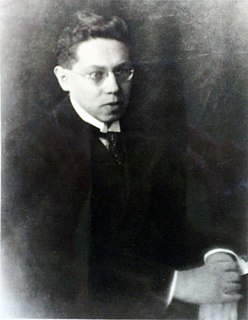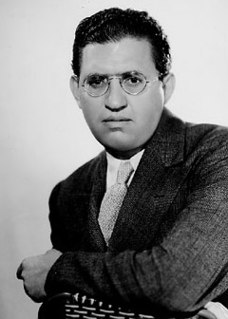A Quote by Lion Feuchtwanger
I have always made an effort to render every detail of my reality with the greatest accuracy; but I have never paid attention to whether my presentation of historical facts was an exact one.
Related Quotes
I don't say he's a great man. Willie Loman never made a lot of money. His name was never in the paper. He's not the finest character that ever lived. But he's a human being, and a terrible thing is happening to him. So attention must be paid. He's not to be allowed to fall in his grave like an old dog. Attention, attention must finally be paid to such a person.
Great abilities are not requisite for an Historian; for in historical composition, all the greatest powers of the human mind are quiescent. He has facts ready to his hand; so there is no exercise of invention. Imagination is not required in any degree; only about as much as is used in the lowest kinds of poetry. Some penetration, accuracy, and coloring, will fit a man for the task, if he can give the application which is necessary.
Accuracy is paramount in every detail of a work of history. Here's my rule: Ask yourself, 'Did this thing happen?' If the answer is yes, then it's historical. Then ask, 'Did this thing happen precisely this way?' If the answer is yes, then it's history; if the answer is no, not precisely this way, then it's historical drama.
I don't know, except that the only simple answer, I think, is that SCLC [Southern Christian Leadership Conference] had never really developed an organizing technique. I've always characterized the difference in saying that they went in for mobilization. And, to be honest, in terms of the historical facts, their mobilization usually was predicated upon some effort at organizing by someone else. And, at this stage, it was largely SNCC.
All knowledge that is about human society, and not about the natural world, is historical knowledge, and therefore rests upon judgment and interpretation. This is not to say that facts or data are nonexistent, but that facts get their importance from what is made of them in interpretation… for interpretations depend very much on who the interpreter is, who he or she is addressing, what his or her purpose is, at what historical moment the interpretation takes place.







































